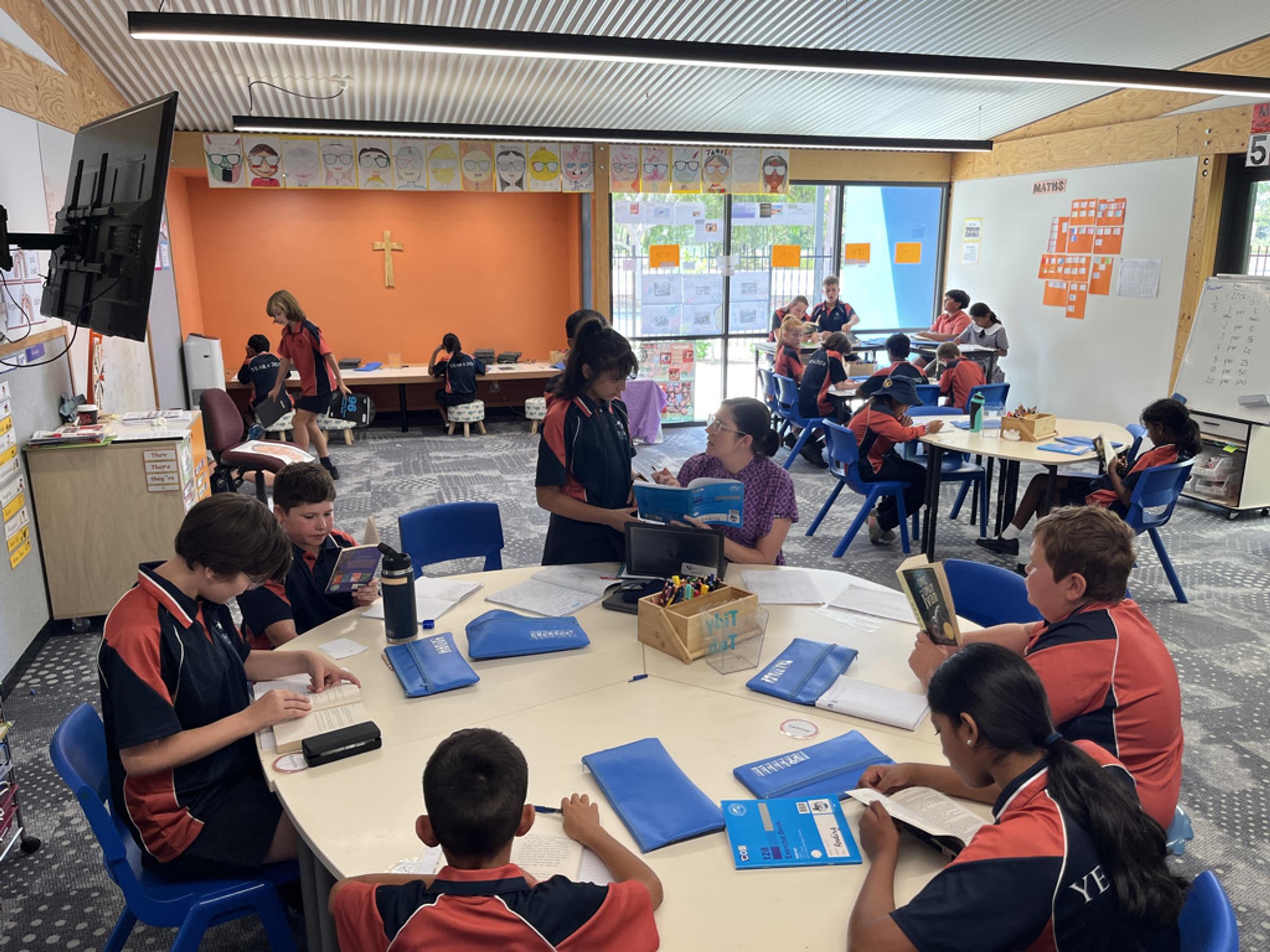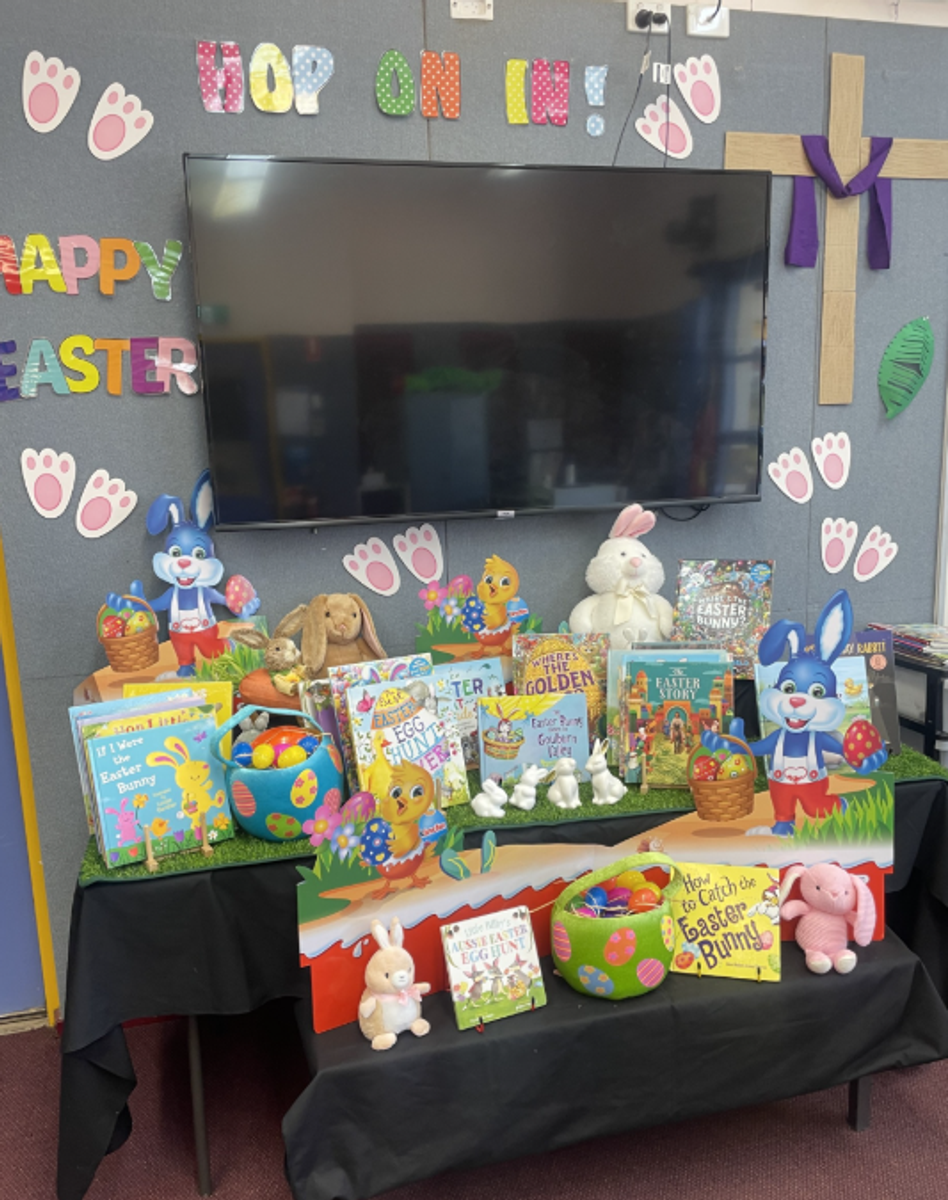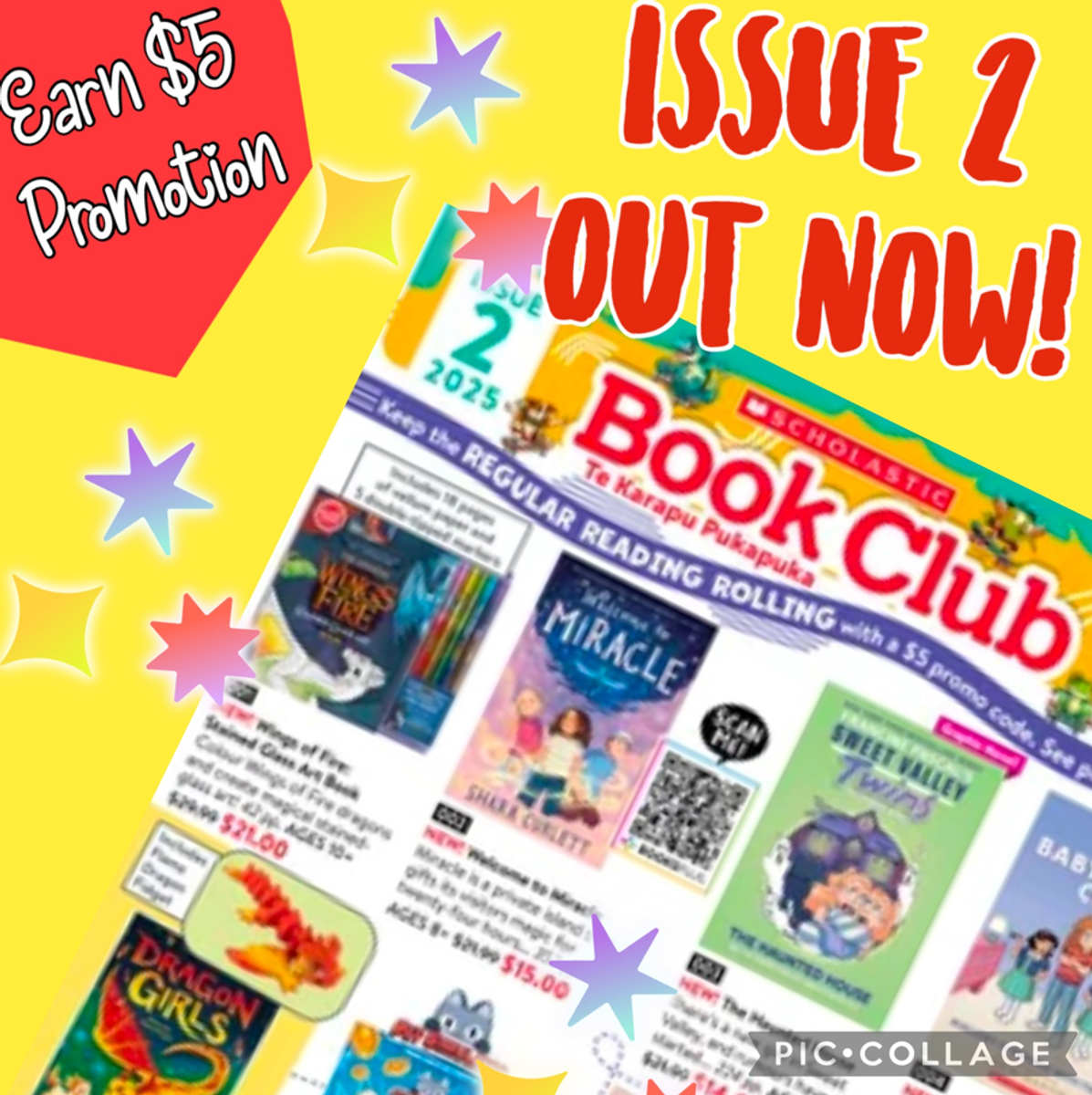Learning Enhancement

Pause, Prompt and Praise
In the first newsletter of the year I touched upon explicit teaching as part of the Magnify suite of changes introduced in all Sandhurst Diocese schools this year. The five specific reading sub-skills of phonemic awareness, phonics, fluency, vocabulary and comprehension are taught explicitly and systematically so all children become capable readers. (Australian Education Research Organisation, July 2024).
Whether students are pre-reading at Foundation level, or studying a novel in Year 6, the literacy block consists of focused and challenging work for a sustained period. We are building skills and stamina in literacy, based on science of reading principles, at every year level.
The books our students have access to during the literacy block are designed for learning and for engagement. The first Year 3 novel for the year is Matilda, by Roald Dahl. It is familiar and funny, but as the first novel read by some children, it can be hard work too. Similarly, the Year 1 students are working with decodables – texts designed to reinforce explicitly taught skills. Reinforcement and repetition builds on skills until they become automatic. It also builds vocabulary, confidence and fluency … and the stories are fun.
Using the 3 Ps – pause, prompt & praise - will help you to make home reading a fun and positive experience for all. Before reading a book, take some time to look at the cover and ask your child what it will be about, or for longer reads, talk about what has happened so far. Identify any new, unknown or interesting words.
While reading, Pause for up to 5 seconds to provide opportunities to self-correct mistakes and to practice the word attack skills learnt at school. You can also wait until the end of the sentence and reread or read together.
If self-correcting doesn’t happen, offer a general phonetic Prompt, like “have another look at the letters in that word.” If more help is needed, be more specific: “that word has the letters ‘igh,’ what sound do they make together?’ If two prompts don’t help, just tell them the word and read on.
Praise your child frequently and be specific. Praise when they read a tricky word correctly, when they self-correct an error, when they read a word correctly after prompting, when they read without a mistake, when they are fluent, when they read with expression… Praise at every opportunity.
Before you finish reading with your child, ask some questions or relate the reading to an experience your child will be familiar with. This helps to check for understanding.
Have some fun. Read books they are interested in. Use silly voices, repeat interesting vocabulary… we want your child to want to read. Once they have mastered the joy of learning to read, they can switch to reading to learn. And that is a lifelong skill.
Find out more about the science of reading here: https://www.edresearch.edu.au/summaries-explainers/explainers/introduction-science-reading
Happy reading!
Jen McKillop, Eloise Liddell & Jess Moodie
Library News
The first Issue of the Scholastic Book Club was such a success, we earned $170 in reward dollars! The second issue sounds equally exciting with the added incentive of a $5 promo code for orders over $19.50. It’s a great opportunity to explore the wonderful Easter-themed books available this time around.
If you are interested in ordering as a gift, you can select the GIFT option and have it securely held in the office for collection. Happy reading and shopping! If you have any questions or need assistance with your order, feel free to ask!
Please remember that all payments must be made online through Loop. You can make payments by visiting scholastic.com.au/LOOP or by downloading the LOOP app.
Book Club Issue 2 orders will close on 14th MARCH 2025.
Nicole Keenan


